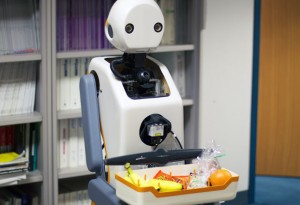The European Science Foundation (ESF) has temporarily shut off support for Spanish researchers because Spain’s member organizations failed to pay their membership fees for the foundation. The move—which an ESF spokesperson says should be temporary—may hobble conferences and workshops seeking ESF funding.
Systems biologist Saúl Ares of the National Center for Biotechnology in Madrid reported the suspension last week on his blog. Together with Javier Buceta of the Barcelona Science Park, Ares applied to ESF for funds to organize an international workshop. But last week, ESF told the duo that it has suspended all support for Spanish activities from July 2013 onward—with the exception of one unnamed “high-profile” event in July—until Spain’s two ESF member organizations pay their unpaid dues.
Read the rest of this news story at ScienceInsider: [html] [pdf]

